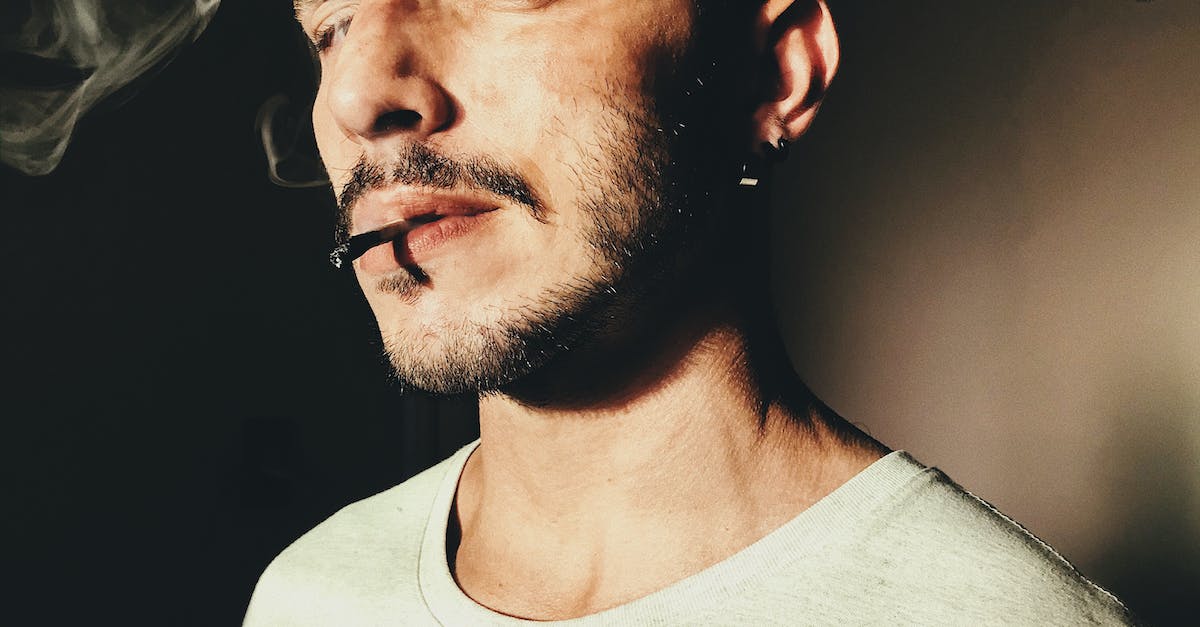If you have alopecia universalis, you've probably wondered if there's any way to recover from the condition. After all, it causes complete hair loss on the scalp and body. There is no cure for alopecia universalis, but there are ways to manage the condition and improve your quality of life.
There are two main types of treatment for alopecia universalis: medical and surgical. Medical treatments can help slow down the hair loss process, but they don't always lead to regrowth. Surgical options, such as hair transplants, can be more effective in restoring hair, but they're also more invasive and expensive.
The good news is that there are a number of options available to you, and with the right treatment plan, it is possible to experience significant hair regrowth. If you're ready to take action against your hair loss, talk to your doctor about the best course of treatment for you.
Despite its name, alopecia universalis does not affect everyone with the condition. In fact, only about 5% of people with alopecia areata (the most common form of alopecia) will go on to develop universalis.
There is no cure for alopecia universalis, but there are treatments that can help stop the hair loss and potentially regrow some hair.
The first step in treatment is to visit a dermatologist to rule out other conditions that may be causing the hair loss. Once alopecia universalis has been diagnosed, the dermatologist will work with the patient to develop a treatment plan.
There are two main types of treatment for alopecia universalis: medical and surgical. Medical treatments include topical corticosteroids, immunotherapy, and oral medications. These treatments can help stop the hair loss and potentially regrow some hair.
Surgical treatment options for alopecia universalis include hair transplants and flap surgery. These procedures can be expensive and may not be covered by insurance.
The best way to manage alopecia universalis is to find a dermatologist or other healthcare provider who is experienced in treating the condition. Early diagnosis and treatment is important for the best possible outcome.
Alopecia universalis is a medical condition that causes a person to lose all of the hair on their body. The condition can be very difficult to deal with, both emotionally and physically. There is no cure for alopecia universalis, but there are treatments that can help improve the quality of life for those affected by the condition.
One of the most difficult aspects of alopecia universalis is coming to terms with the fact that there is no cure. It can be difficult to accept that you will never have hair again, but it is important to remember that you are not alone. There are many people dealing with this condition, and there is support available.
There are a number of treatments available that can help reduce the symptoms of alopecia universalis. These treatments can help improve quality of life, but they will not cure the condition. Some of the available treatments include:
- Topical corticosteroids: These medications can help reduce inflammation and itchiness.
- Immunotherapy: This therapy helps to decrease the immune system response that is causing the hair loss.
- Hairpieces: Hairpieces can be used to cover areas of hair loss.
- Wigs: Wigs can be used to cover all of the head or just areas of hair loss. They are available in human hair or synthetic materials.
Alopecia universalis is a difficult condition to deal with, but you are not alone. There are treatments available that can help improve your quality of life. Seek out support from others who are dealing with this condition, and remember that you are not alone.




